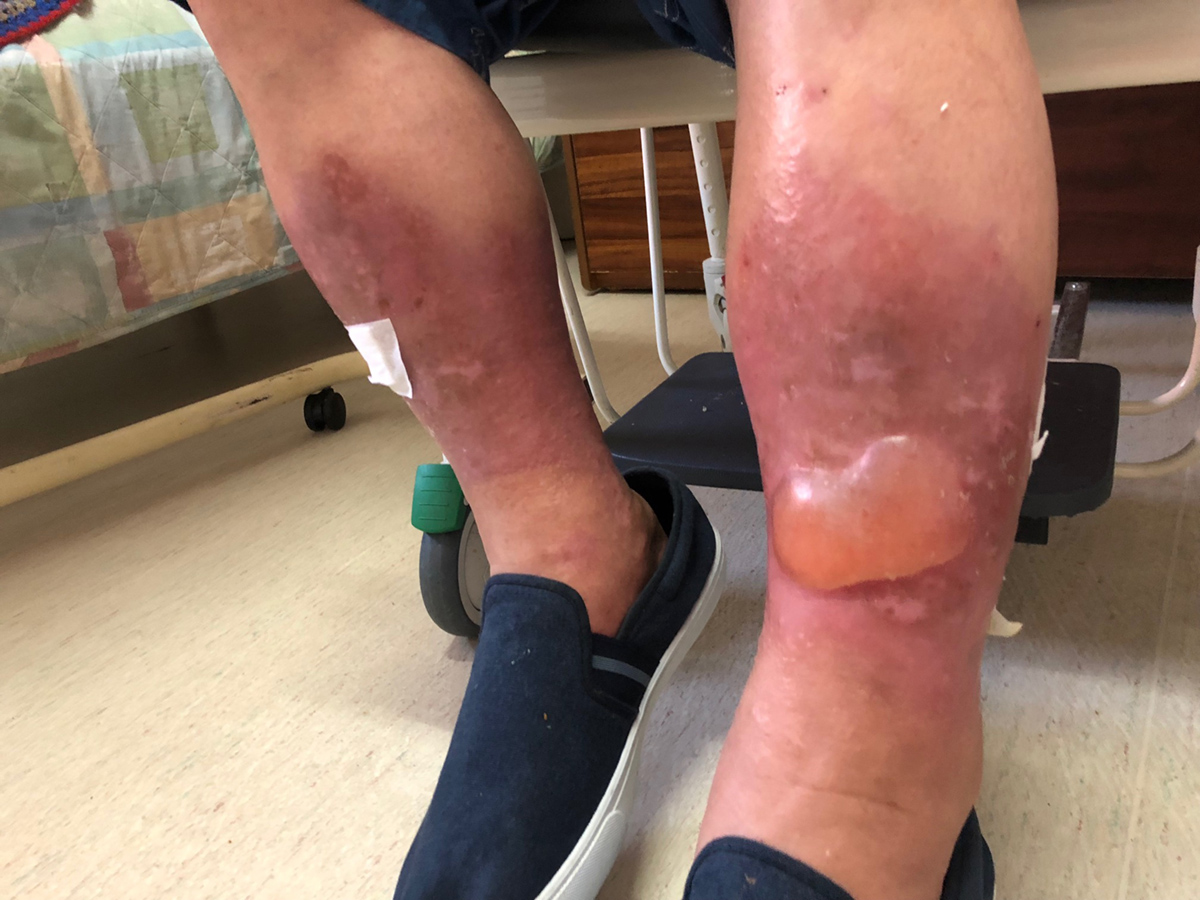
People who notice that some of their clothes are not fitting well anymore or cannot get a ring off their finger and their face looks puffy and swollen, probably are suffering from water retention or edema. There are many natural remedies for this condition, certain lifestyle changes, as well as medications, that can help solve this problem.
Causes of water retention
Water is the essence of life and it makes up a large portion of the human body. Water is found inside cells, as well as between them. There is a balance in water content in the body that is considered optimal, but its levels can fluctuate due to several factors, most common of them being inappropriate salt intake, hormones and kidney activity. Kidneys will retain a lot of water after a person has, drank too much or ate a particularly salty meal. The same problem occurs at certain points of women's menstrual cycles, during menopause or on estrogen replacement therapy. Some medications list water retention as their side effect.
Some people accumulate water in their limbs, especially around ankles and wrists. Others tend to grow larger around the belly or breasts, while some distribute their water evenly and only suffer from a general feeling of bloating.
How to cure water retention
Since salt is one of the main reasons for water retention, its use should be monitored and limited. This does not only mean putting less salt in cooked meals, it also means carefully reading labels on food products, because many of them contain hidden salts in great amounts. A low sodium diet is a great way to stay healthy and to prevent and solve water retention.
Even though it would seem logical that eating dehydrated foods and beverages solves the problem with water retention, it is actually the opposite. The body requires water and if it does not receive it in sufficient amounts, it starts collecting it. Therefore, keeping hydrated and avoiding dehydrating foods is very important. People who suffer from water retention are advised to drink plenty of water, from eight to ten glasses a day, and to avoid beverages like coffee, tea, sodas and alcohol.
Increasing the amount of fiber and vitamins in the diet is also very important for proper functioning of the digestive and urinary tracts. Fiber flushes out toxins in the body and deficiency of any of the essential vitamins and minerals can possibly lead to water retention.
Exercise plays a very important role in elimination of excess fluids. It gets the blood and the water going, and kidneys process it waster, thus eliminating excess salts that accumulate in the body, causing damage. In addition, exercise expels salts through perspiration. It is very important to drink a lot of water during and after workouts, otherwise the result will be opposite of the desired.




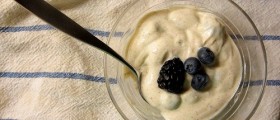
_f_280x120.jpg)

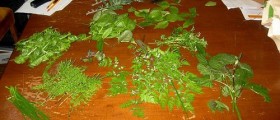
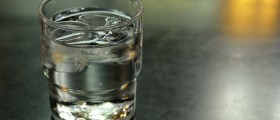
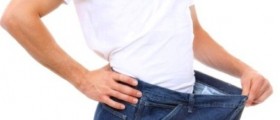


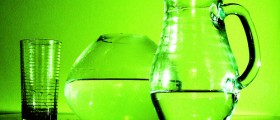


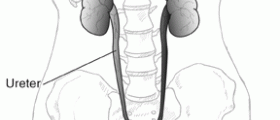
Your thoughts on this
Loading...